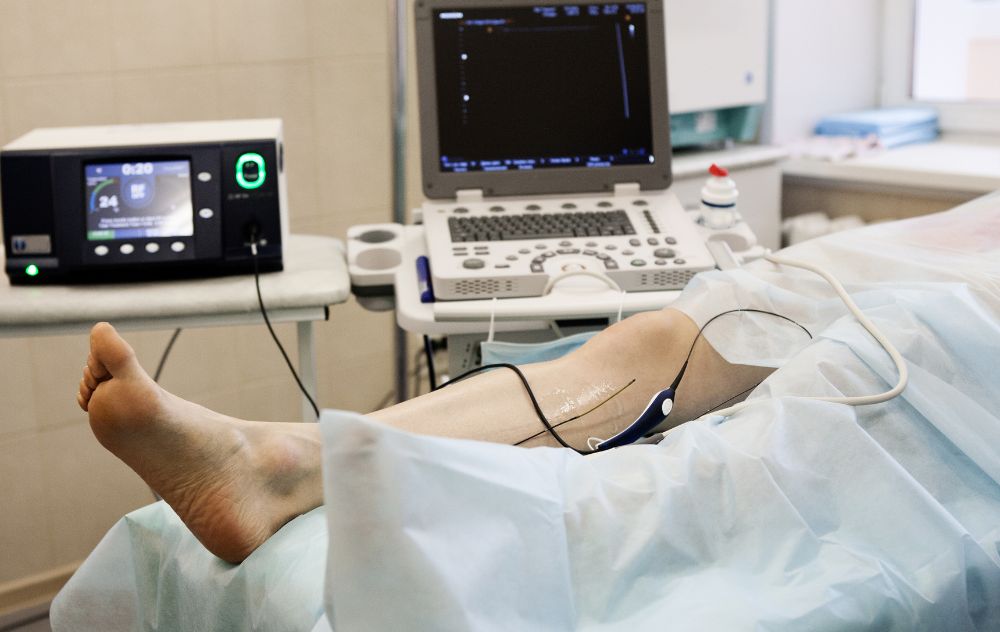
A nationwide population-based cohort study in South Korea, published in PLOS One and featured in News Medical, found a strong association between varicose veins (VV) and an increased risk of all-cause dementia.
-
Researchers analyzed data from nearly 397,000 adults (average age ~56) over a median follow-up of about 13.3 years. During that time, around 13.9% of participants developed dementia.
-
Individuals with varicose veins had a 23–24% higher risk of developing dementia compared to those without VV.
-
However, participants who underwent treatment for varicose veins showed a significantly lower risk of developing vascular dementia, with their risk reduced by approximately 43–44%.
-
The risk was notably higher among men, current smokers, and heavy drinkers, indicating that certain populations may be more vulnerable to cognitive decline linked to vascular issues.
Study Highlights
-
Varicose Veins and Brain Health
The study suggests that varicose veins could indicate broader vascular or neuroinflammatory issues that contribute to dementia risk. -
Treatment May Reduce Dementia Risk
Those who received vein treatment had a substantially lower risk of vascular dementia, suggesting early intervention could have protective benefits. -
Key Risk Groups Identified
The strongest associations were seen in males and individuals who smoke or drink heavily, suggesting lifestyle and gender may play a role in the progression from vein disease to cognitive decline.
Limitations
-
This was an observational study, so it cannot definitively prove that varicose veins cause dementia.
-
It did not measure VV severity, genetic factors, or detailed cognitive changes over time.
-
The study focused on Korean adults aged 40 and over, which may limit its application to other populations or age groups.
Bottom Line
This large study highlights a potentially important link between varicose veins and dementia risk, especially vascular dementia. It also suggests that treating vein conditions could have broader health benefits, including protecting brain function. More research is needed, but the findings underscore the importance of taking varicose veins seriously—not just for leg health, but for long-term cognitive well-being.
